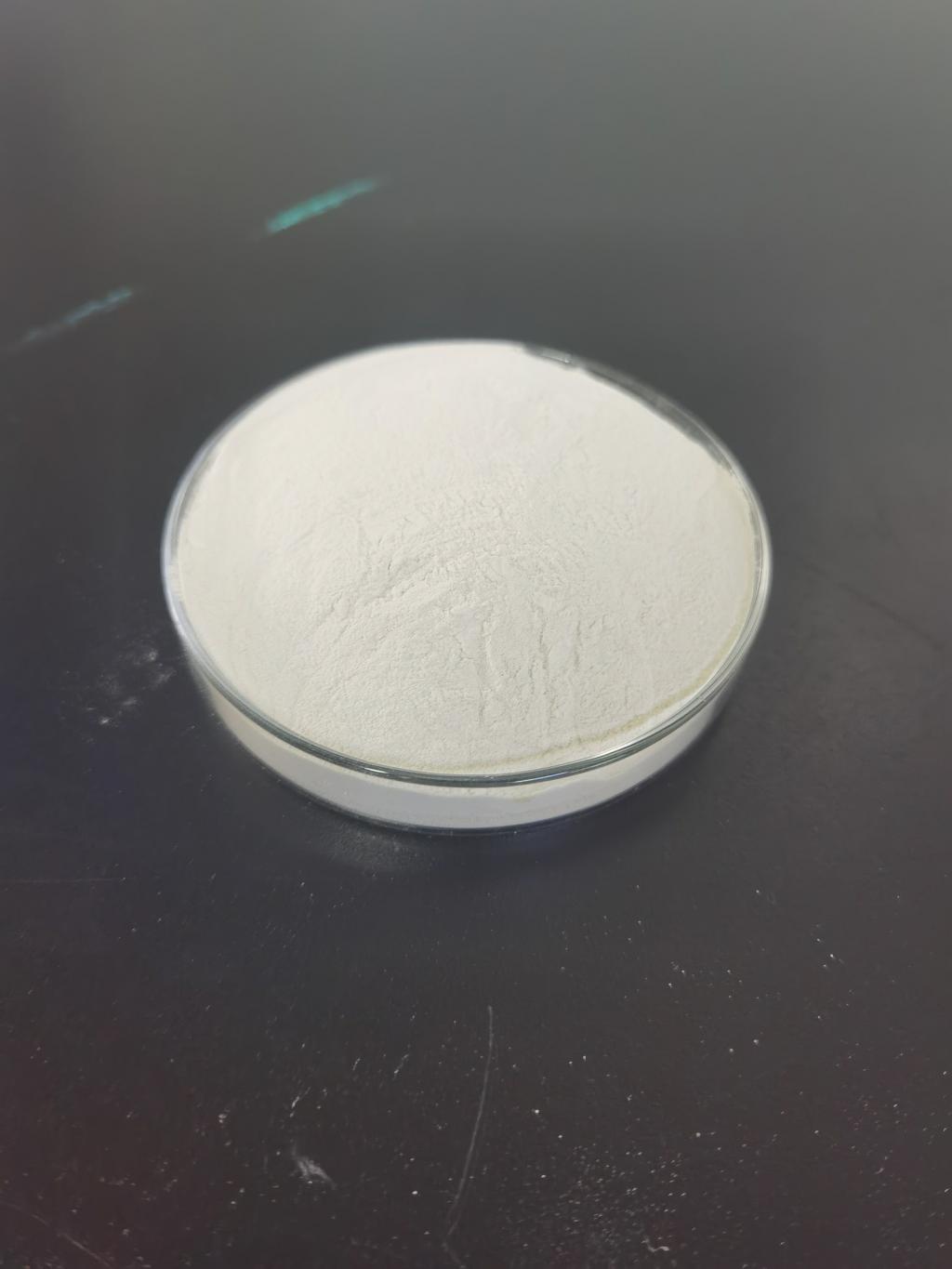Tel:+8618231198596

News
 CONTACT
CONTACT
 CONTACT
CONTACT
- Linkman:Linda Yao
- Tel: +8618231198596
- Email:linda.yao@dcpharma.cn
- Linkman:CHARLES.WANG
- Department:Overseas
- Tel: 0086 0311-85537378 0086 0311-85539701
News
Nisin's Contribution to Sustainable Aquaculture Practices
TIME:2024-02-06
Disease Prevention in Aquaculture
One of the significant challenges in aquaculture is the prevalence of diseases that can rapidly spread within confined aquatic environments. These diseases can result in substantial economic losses and environmental impact. Nisin's antimicrobial properties make it a valuable tool in preventing and controlling bacterial infections in aquaculture.
1. Selective Action against Pathogens
Nisin exhibits selective antimicrobial activity, primarily targeting harmful bacteria while sparing beneficial microorganisms. This selectivity is crucial in maintaining a balanced microbial community within aquaculture systems, preventing the overuse of broad-spectrum antibiotics that can lead to antibiotic resistance and ecosystem disruptions.
2. Biosecurity Enhancement
Integrating Nisin into aquaculture practices enhances biosecurity measures. By preventing the proliferation of pathogenic bacteria, Nisin reduces the risk of disease outbreaks. This, in turn, minimizes the need for therapeutic treatments, mitigating the potential negative impacts of pharmaceuticals on aquatic ecosystems.
Environmental Considerations
Sustainable aquaculture emphasizes minimizing environmental impacts and resource use. Nisin contributes to these goals through its eco-friendly characteristics and its potential to improve overall system efficiency.
1. Biodegradability
Nisin is biodegradable, breaking down into harmless byproducts over time. Unlike some synthetic antimicrobials that can persist in the environment, Nisin's natural origin ensures that its residues do not accumulate, reducing the risk of long-term ecological harm.
2. Reduced Dependency on Chemicals
The use of Nisin in aquaculture reduces reliance on traditional chemical treatments. This shift away from synthetic antibiotics and disinfectants aligns with sustainability objectives, as it minimizes chemical residues in water bodies and decreases the likelihood of developing antibiotic-resistant strains of bacteria.
Improving System Efficiency
In addition to its role in disease prevention and environmental considerations, Nisin contributes to enhancing the overall efficiency of aquaculture systems.
1. Improved Growth Performance
Studies have indicated that incorporating Nisin into aquaculture feeds can positively influence the growth performance of fish and other aquatic species. This improvement in growth rates can lead to more efficient production cycles, reducing the environmental footprint per unit of seafood produced.
2. Enhanced Feed Conversion Efficiency
Nisin's ability to modulate the gut microbiota of aquatic organisms contributes to better feed conversion efficiency. This means that a greater proportion of the nutrients in the feed is converted into biomass, reducing the amount of feed required to achieve optimal growth.
Challenges and Future Directions
While the potential benefits of Nisin in sustainable aquaculture are evident, challenges and considerations must be addressed. These include regulatory frameworks, consumer acceptance, and continued research to optimize dosage and application methods. Additionally, ongoing efforts are needed to explore the broader ecological impacts of Nisin use in diverse aquaculture systems.
Conclusion
Nisin represents a valuable tool for promoting sustainable aquaculture practices. Its role in preventing diseases, minimizing environmental impact, and improving overall system efficiency positions it as a key component in the quest for responsible and environmentally friendly aquaculture. As research in this field progresses, the integration of Nisin into aquaculture management practices holds the promise of a more resilient and sustainable future for the global seafood industry.
- Tel:+8618231198596
- Whatsapp:18231198596
- Chat With Skype







